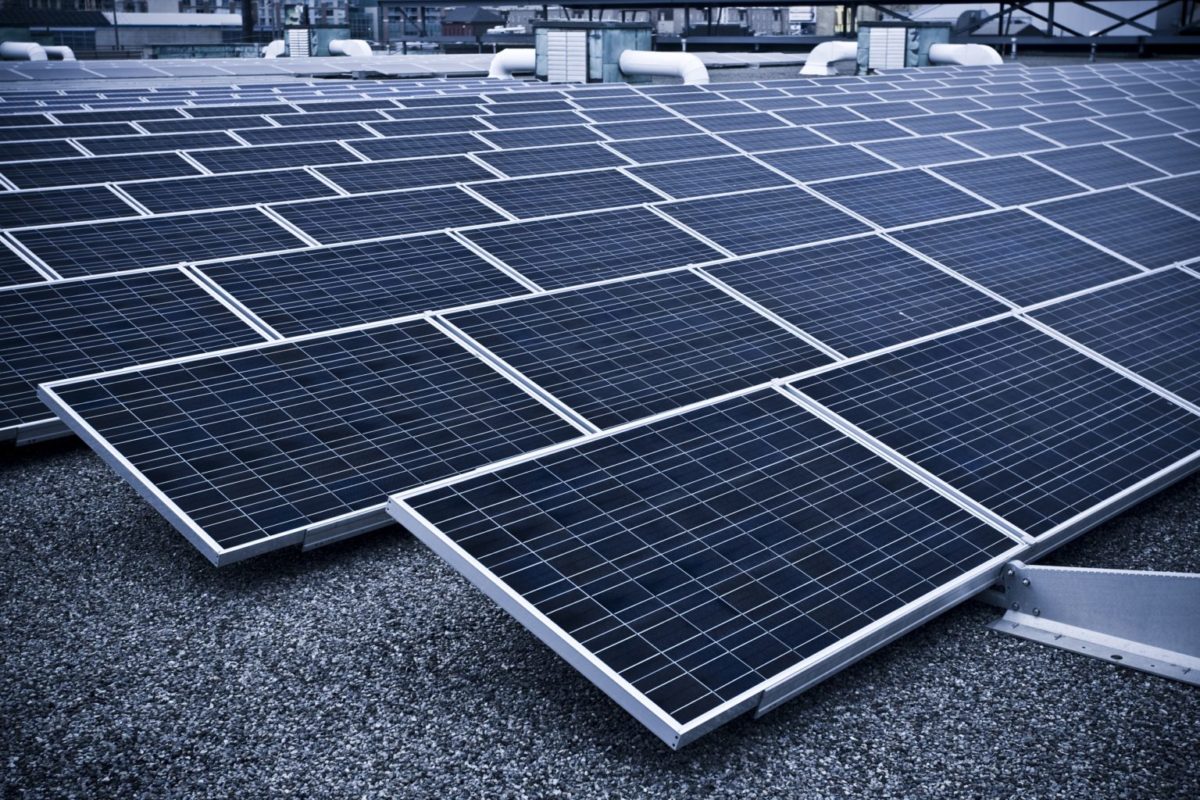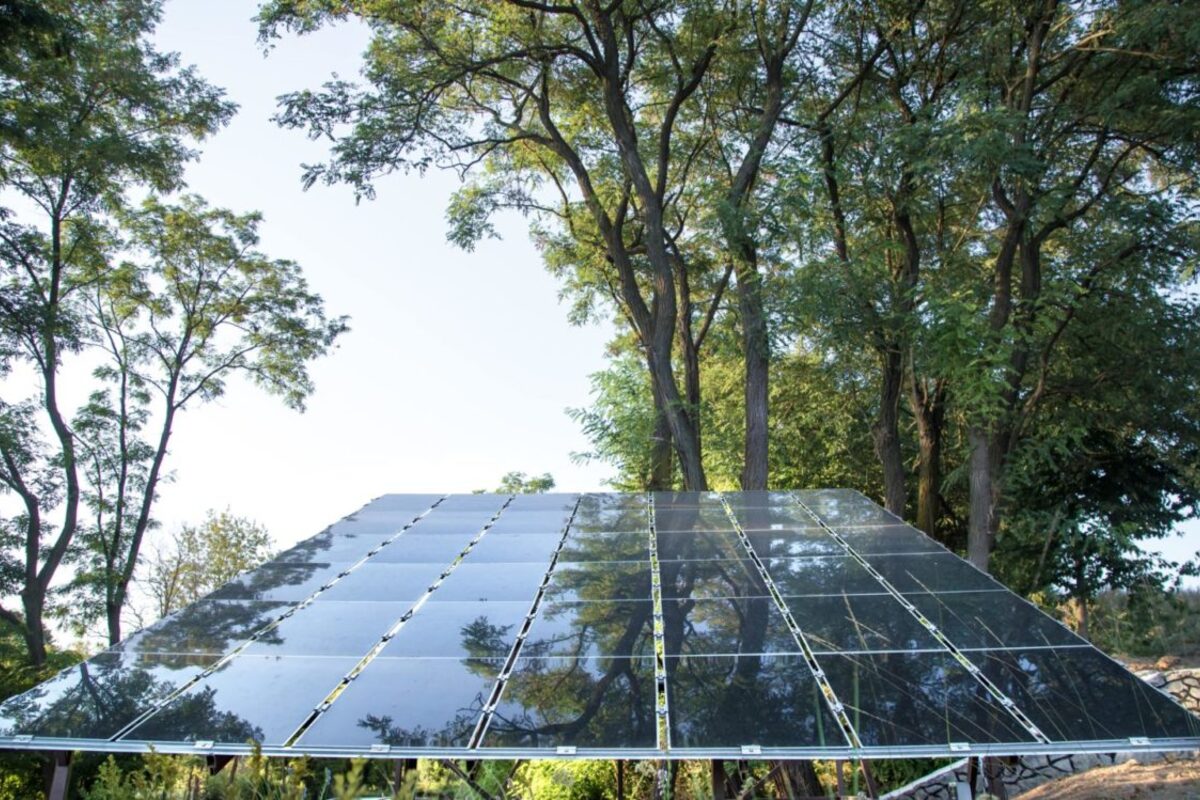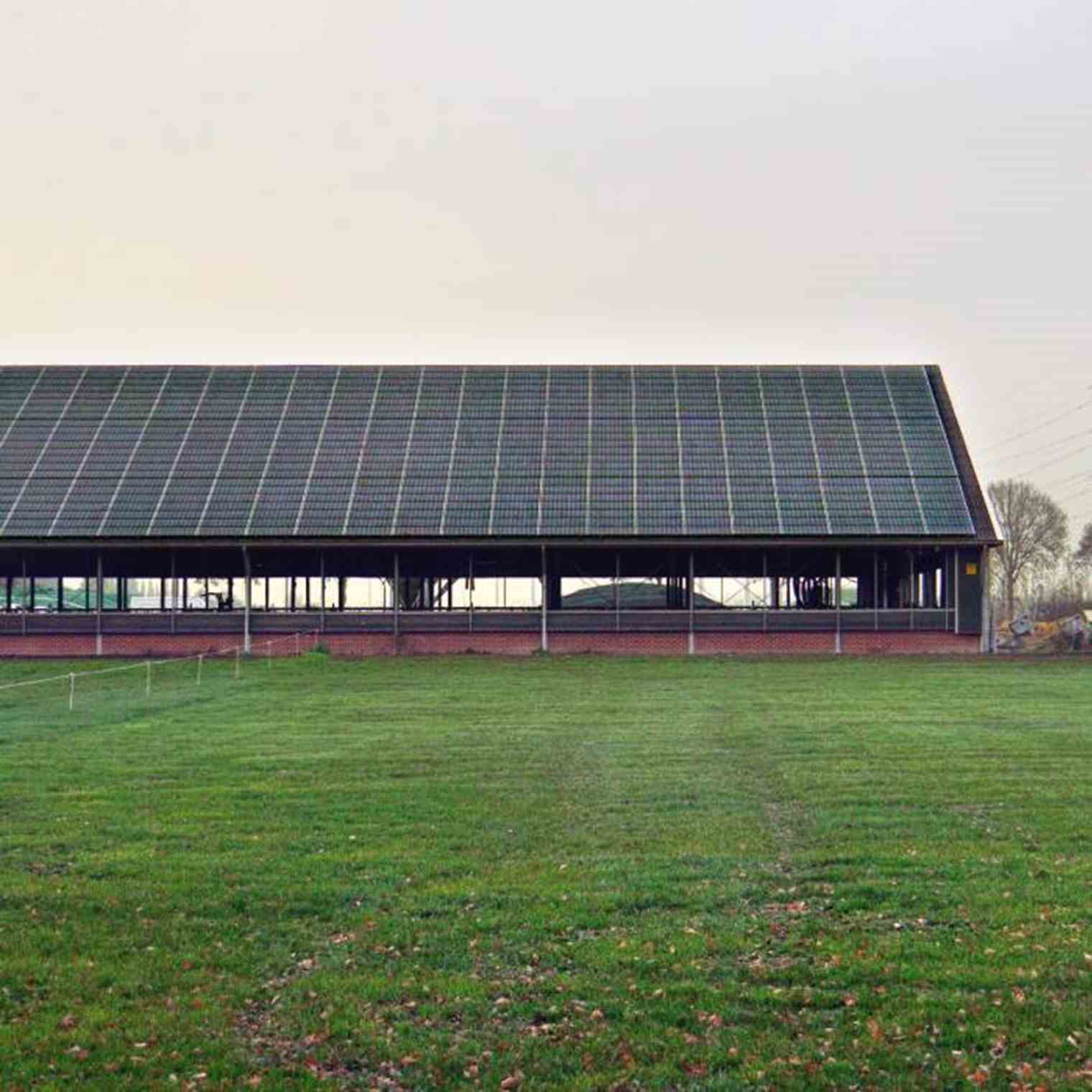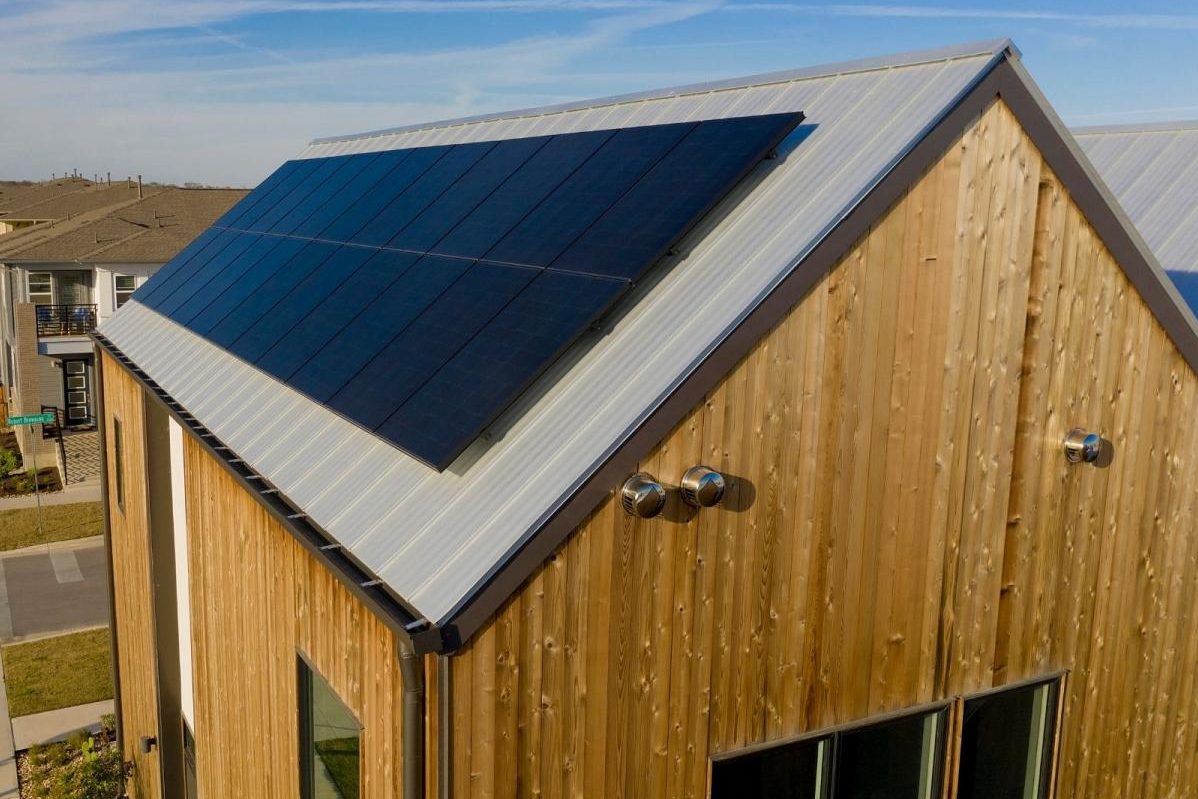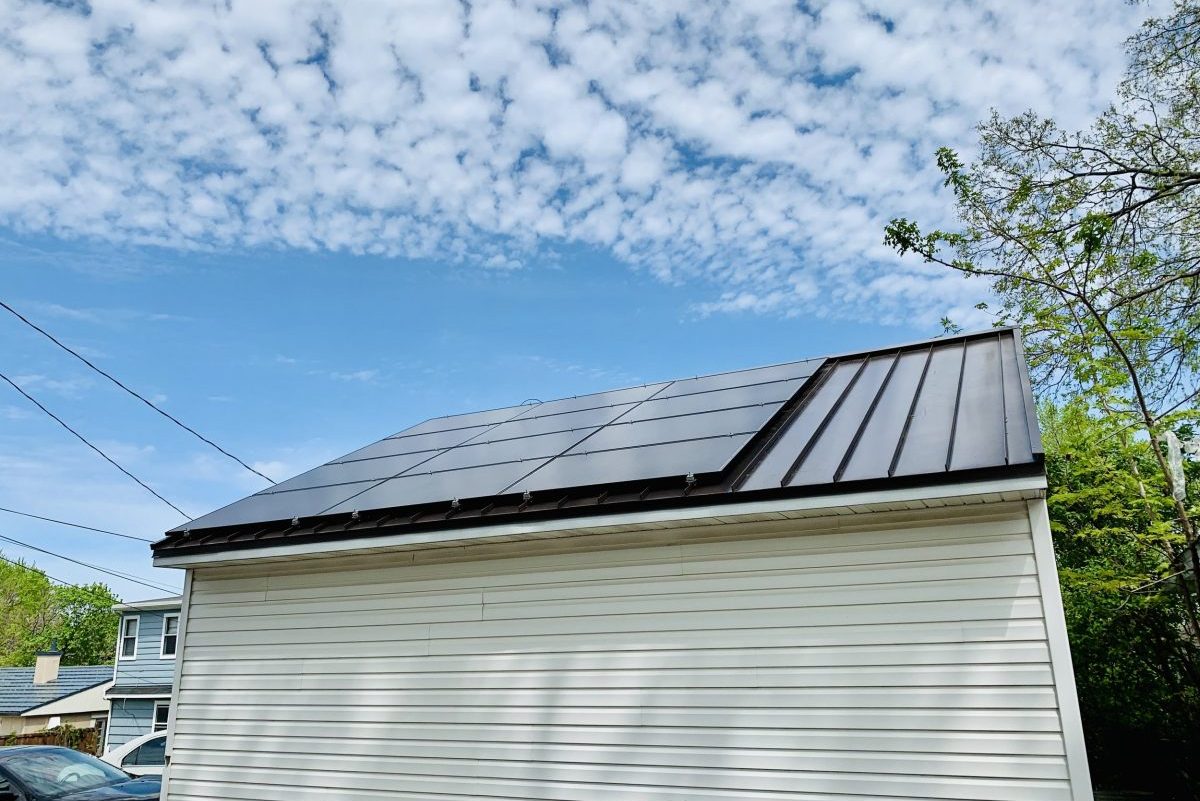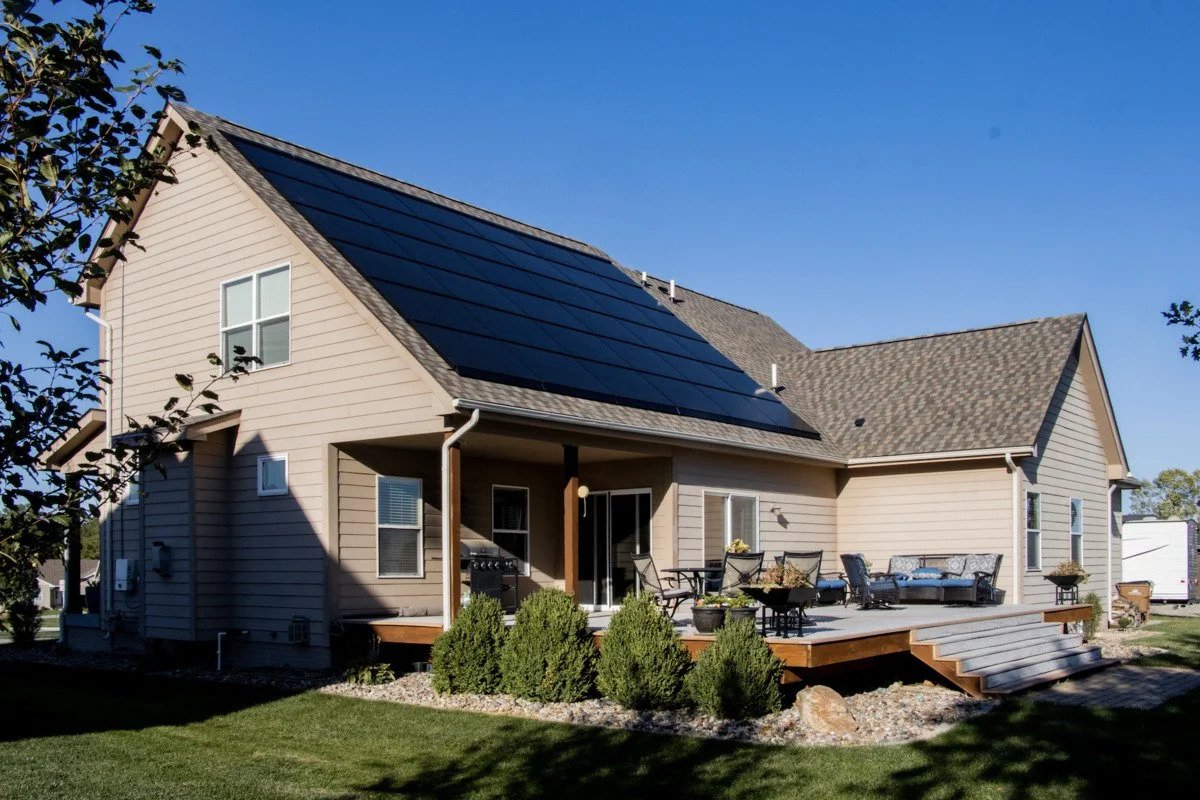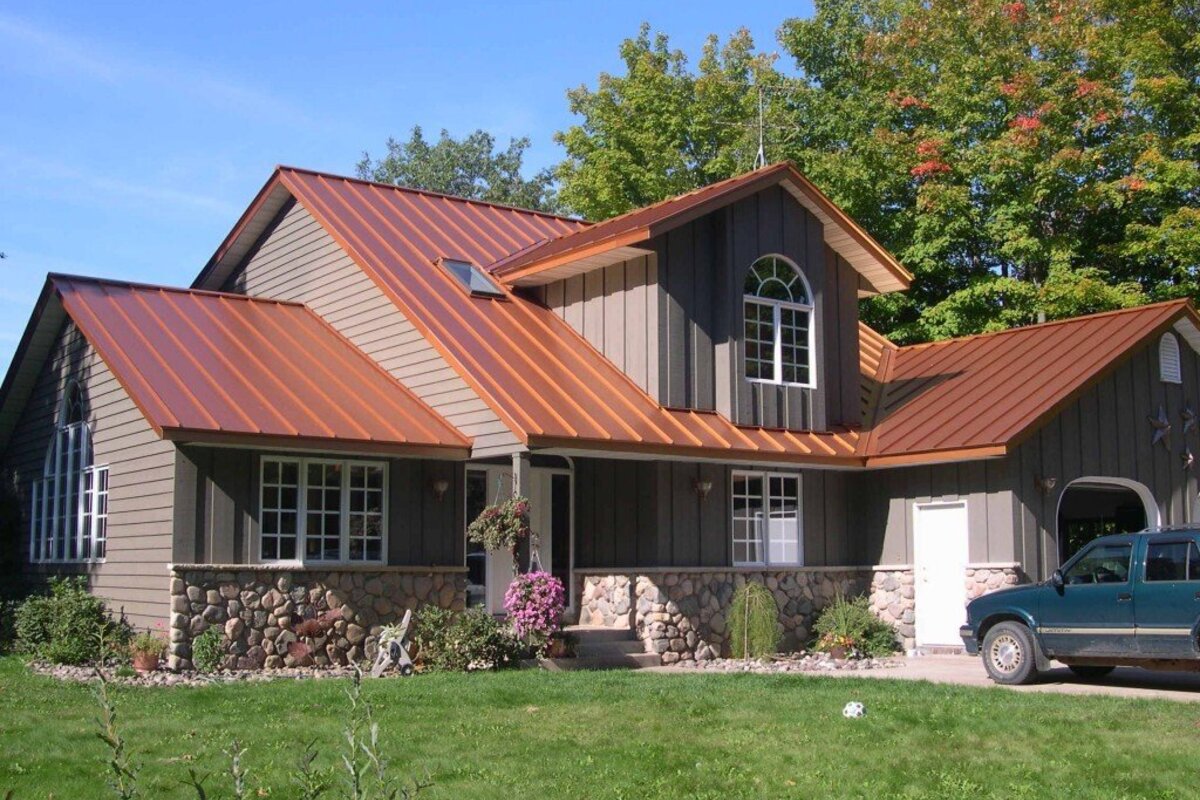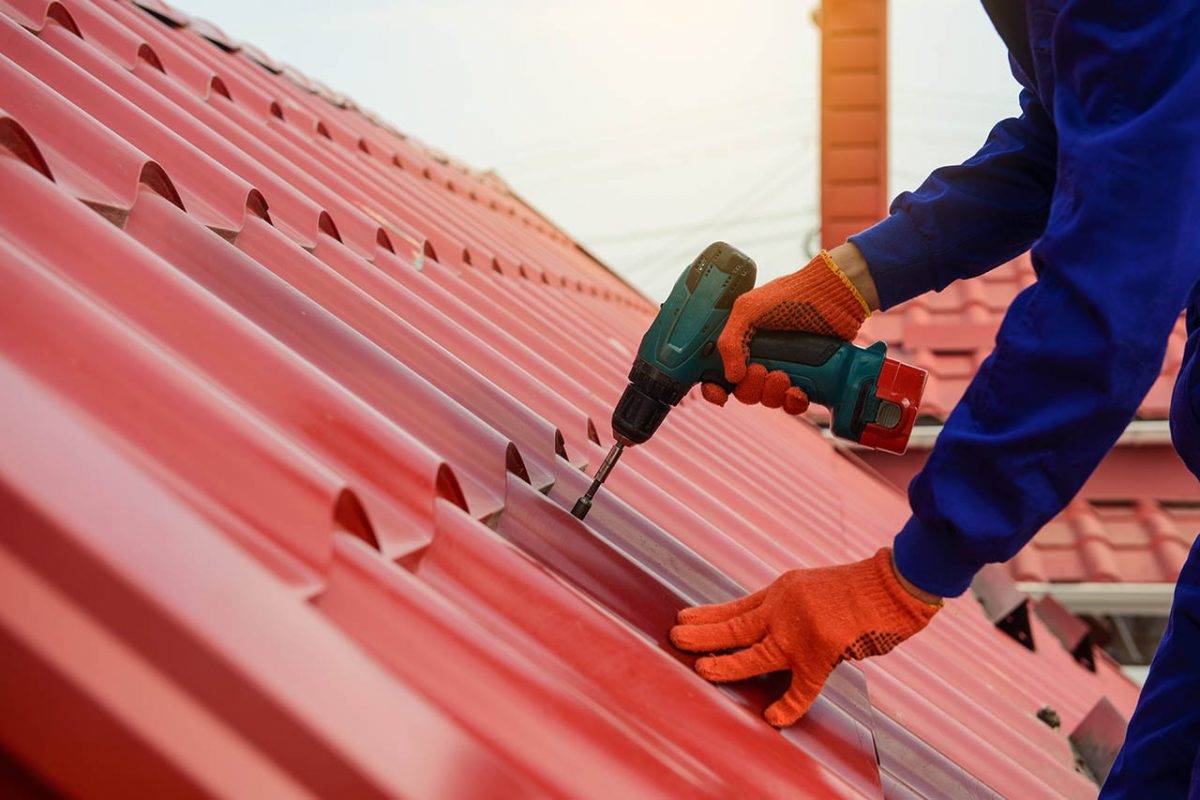Aluminum alloy profiles are the most common materials in making solar panel frames and mounting brackets. What is aluminum?
Aluminum is a chemical element with the symbol Al. Compared to other common metals, aluminum has different characteristics:
- It has a low density, and its weight is about a third of the weight of steel.
- It is not magnetic.
- Aluminum is pliable, malleable, and easy to mold into different shapes and forms. This is why the material is often used in making various tools.
- Aluminum is visually striking. It looks like silver, and it reflects light beautifully.
- It contains one prevalent isotope, making it one of the most common elements on the planet.
Learning about the Applications of Aluminum
Most of the time, aluminum is alloyed and tempered to improve its properties.
Aluminum cans and foils, for instance, are between 92% to 99% aluminum alloys. Aluminum is usually combined with silicon, zinc, copper, and magnesium during alloying.
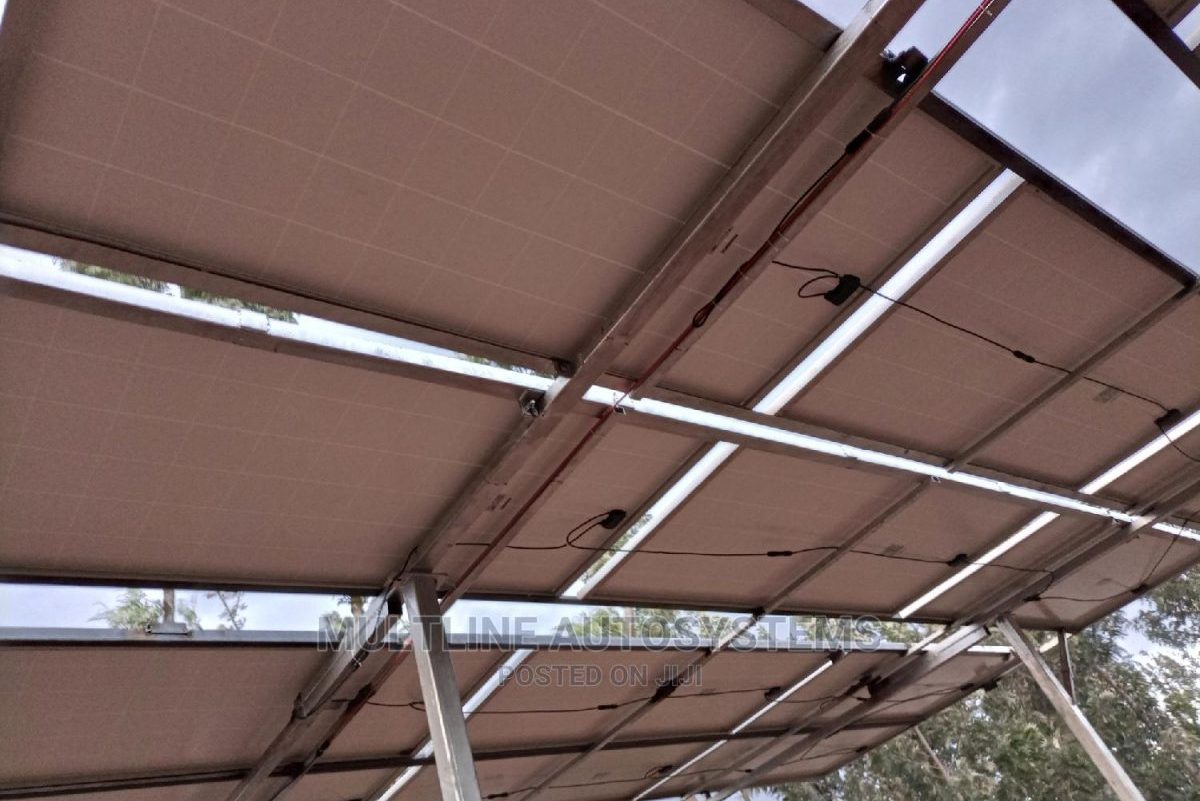
Aluminum for Solar Panels
Solar companies use 6063 aluminum alloy to frame their solar panels. It has superb mechanical properties making it malleable and flexible for manufacturing purposes.
The 6063 aluminum alloy contains silicon and magnesium, which follows the standard set by The Aluminum Association. It’s the most commonly used alloy in aluminum extrusion companies.
It’s heated to a specific temperature to make it malleable enough to be fabricated and extruded (pressed into a die, fill it, and come out fully formed according to the die’s form and shape).
Because of this, the 6063 aluminum is one of the most preferred materials for industrial (e.g., solar panel frames) and architectural (e.g., roofs and door, window, and sign frames).
Also, 6063 aluminum is sturdy, durable, and long-lasting yet lightweight. It can be attached around the solar panels for delivery to keep them safe without adding too much weight for transportation. The aluminum’s lightness is also why aluminum-framed solar panels are easier and less hassle to install.
Finally, the 6063 aluminum is resistant to corrosion and extreme weather conditions, so it doesn’t need to be maintained, which is a huge plus considering its role in protecting the solar panels.

